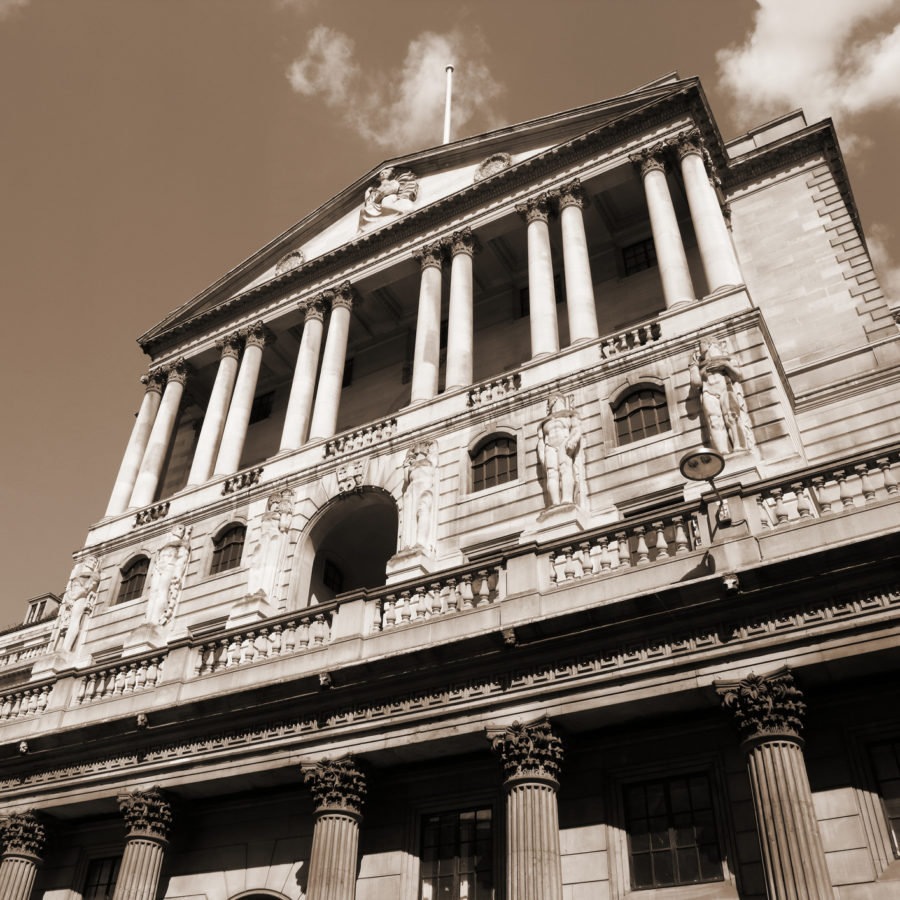- Home
- Publications
- A Serious Monetary Policy Failure – How Policy-Makers Let The Inflation Cat Out Of The Bag
A Serious Monetary Policy Failure – How Policy-Makers Let the Inflation Cat out of the Bag
We now face the biggest inflation surge that the UK has experienced for over 40 years, with consumer price index (CPI) inflation widely expected to reach over 10 per cent later this year.
 Pub. Date
Pub. Date
 Pub. Type
Pub. Type

Authors
Related Themes
Macro-Economic Dynamics and PolicyJournal
National Institute UK Economic Outlook, No. 8
Publisher
NIESR, London
Issue
Summer 2022
Since the late 1970s and early 1980s, it has been widely recognised that monetary policy needs to play the key role in controlling inflation. High interest rates were used to subdue UK inflation in the early 1980s and again in the late 1980s/early 1990s. On both occasions, the official Bank of England rate was raised to 15 per cent or higher. Inflation was brought under control, but a severe cost to the real economy. The early 1980s recession was the worst post-war economic downturn in terms of its broader economic and social impact. The unemployment rate rose to double digit levels in 1981 and stayed over 10 per cent until 1987. The UK economy bounced back more strongly in the 1990s, partly because of labour market reforms - introduced in the 1980s and 1990s - and partly as a result of a more pragmatic approach to economic policy under John Major’s government when compared with Margaret Thatcher’s administration in the early 1980s.
"Should the MPC Have Acted Differently To Control Inflation?" blog by Dr Andrew Sentance CBE
Related Blog Posts



Public Debt Sustainability and Fiscal Rules
Stephen Millard
Benjamin Caswell
05 Feb 2024
4 min read

Related Projects
Related News

Call for Papers: Lessons From Quantitative Easing & Quantitative Tightening
09 Feb 2024
1 min read



Related Publications

A Neural Network Approach to Forecasting Inflation
09 May 2024
UK Economic Outlook Box Analysis

Examining Rising Inactivity and NHS Waiting Times
09 May 2024
UK Economic Outlook Box Analysis

Everything You Wanted to Know About the US Budget Deficit and Debt But Were Afraid to Ask
09 May 2024
Global Economic Outlook Box Analysis

To What Extent Has the Recovery and Resilience Facility Supported the EU Recovery from Covid?
09 May 2024
Global Economic Outlook Topical Feature
Related events

Assessing Cycles and Structural Changes in Markets

Business Conditions Forum

2022 Dow Lecture: The Economy and Policy Trade-Off






